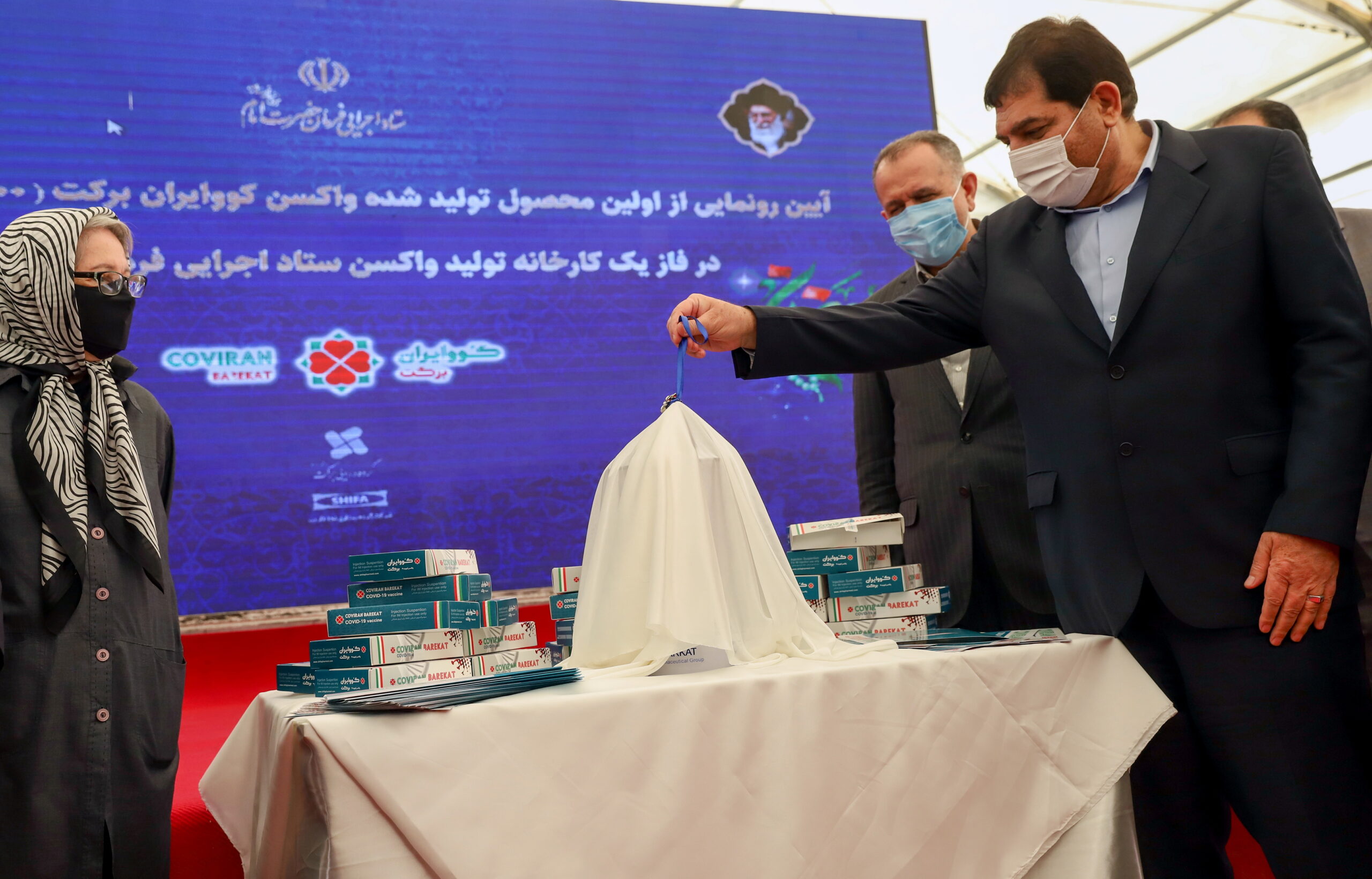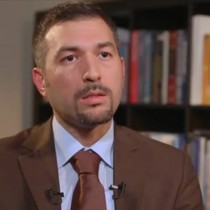Iran
Nov 28, 2022
With Iran’s Drones, Russia Looks to Extend War and Costs to Ukraine – and the West
While the strategic value of Iran’s drones seems limited thus far, Moscow seems to view them as an inexpensive – and punitive – way to maintain leverage in the conflict.
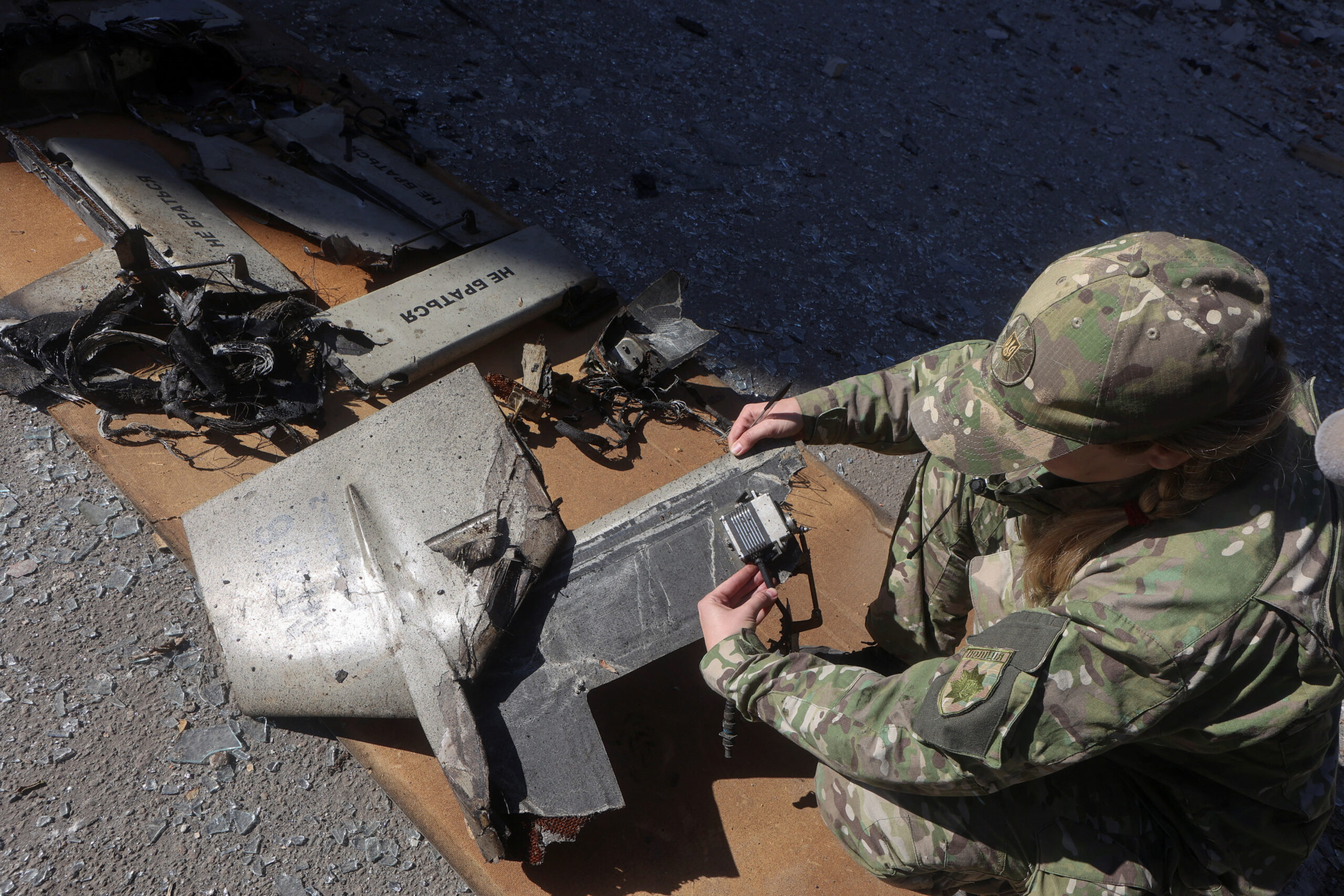
Oct 19, 2022
The Military Dimension of Iran Protests
Recent Iranian military developments are a signal of the regime’s growing perception of vulnerability amid domestic unrest; its suppression strategy benefits from a military operation outside Iran’s borders that it can use to overstate separatist threats.
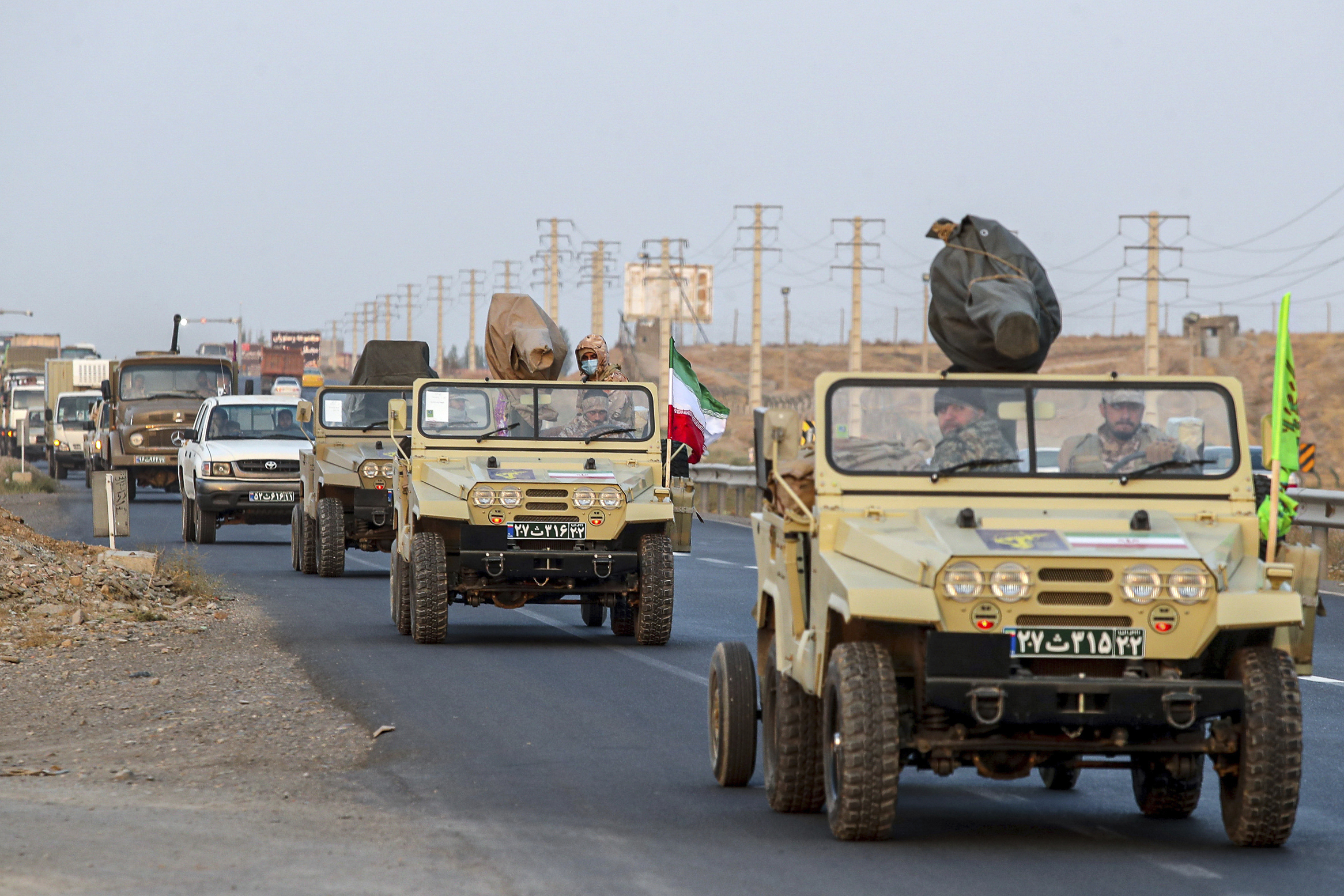
Oct 14, 2022
Iran Protests: Reform, Revolution, or Status Quo?
The demands of the protesters for regime change are a clear manifestation of the deep frustration and the loss of hope for reform among the Iranian public and seem to signal that the time is ripe for comprehensive change.
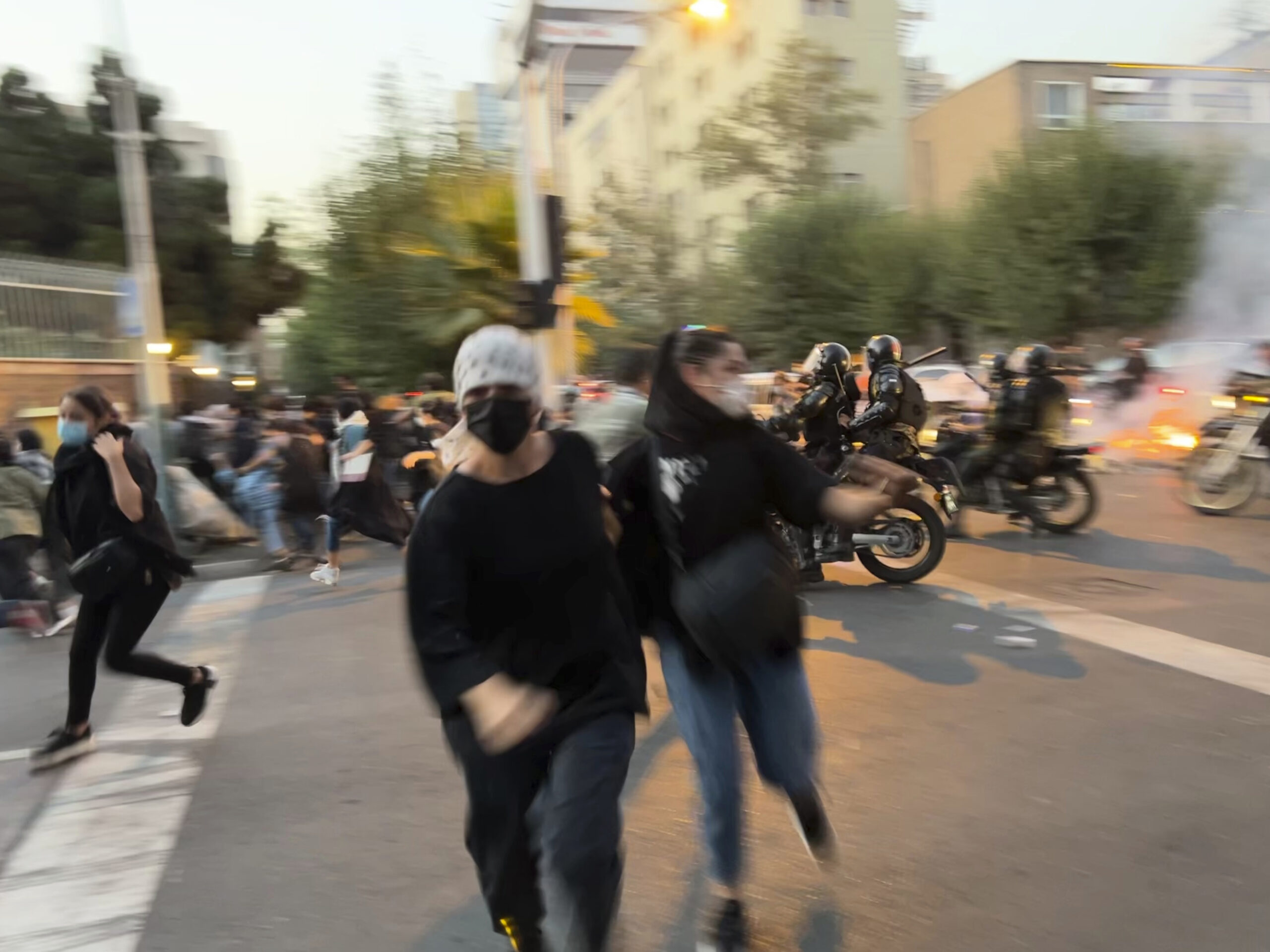
Oct 3, 2022
Iranian Efforts to Tout Arbaeen Pilgrimage – and Compete With Saudi Religious Soft Power – Boomerang
Poor organization and outsized financial support for pilgrimage blows back, inviting stinging criticisms of Raisi regime’s administrative competence and priorities.
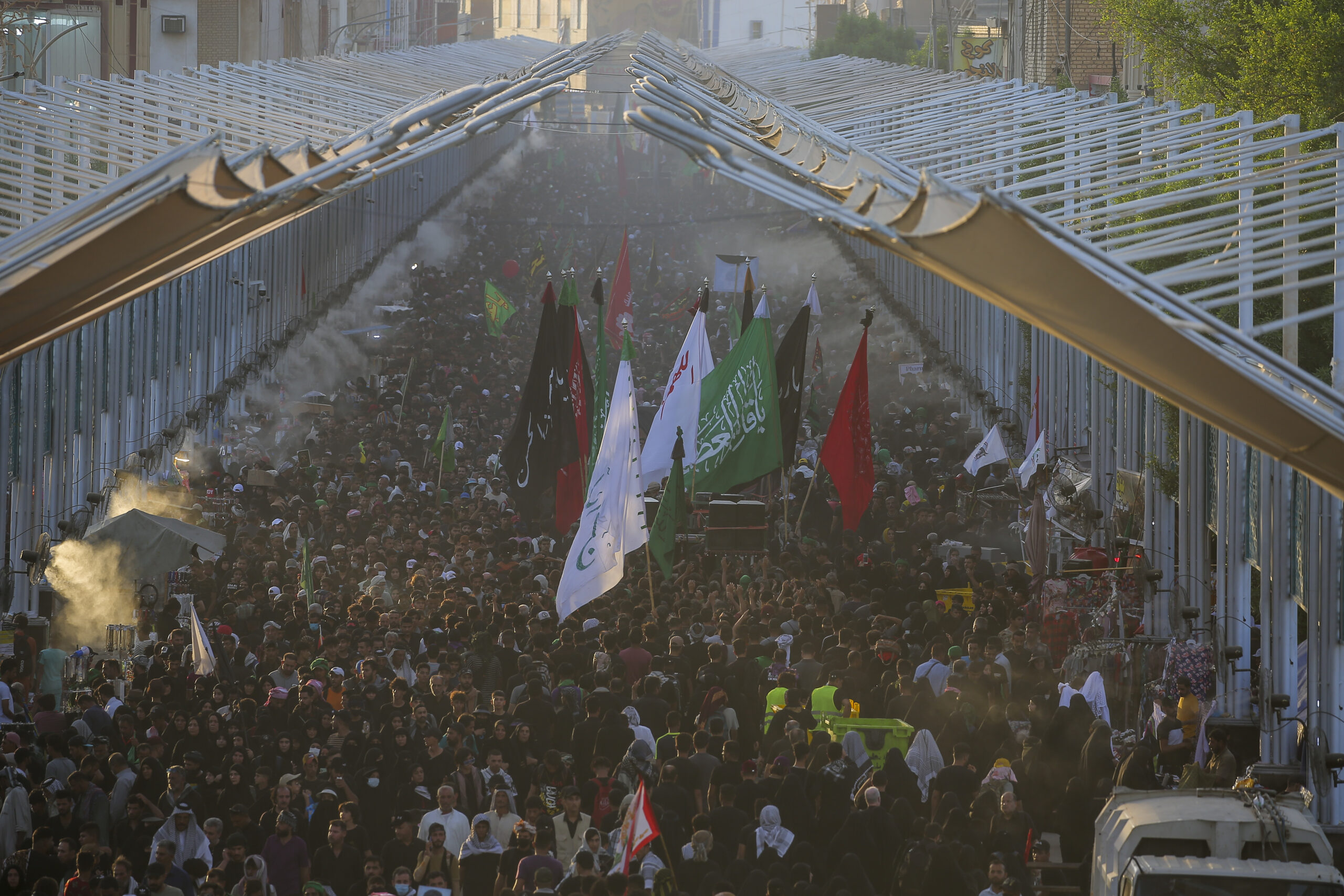
Sep 30, 2022
Neither Bread nor Freedom in Iran
Protests are likely to continue flaring up in Iran as a function of the regime’s attempt at modernizing the country while denying personal and political freedoms to the children of modernization.
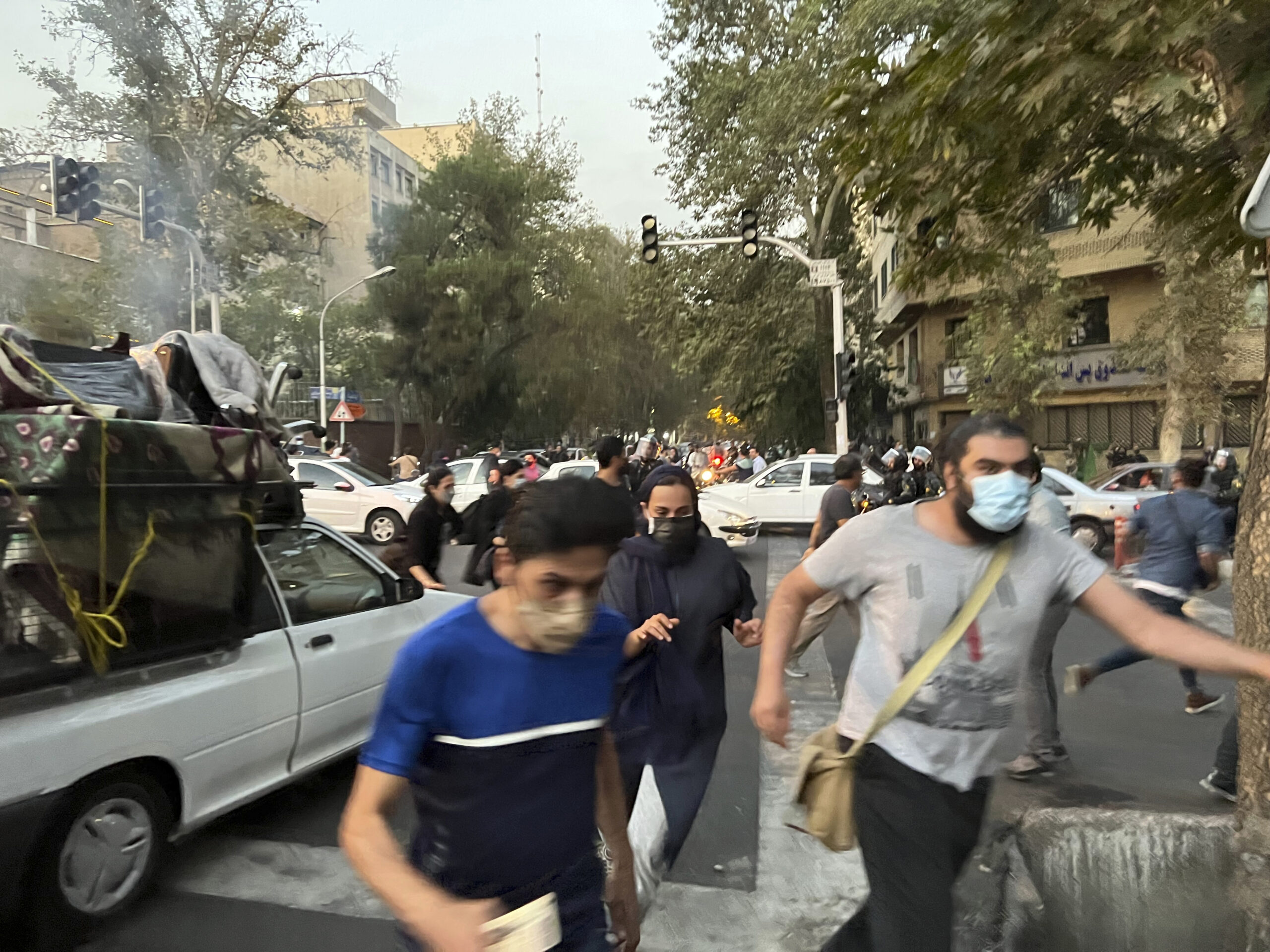
Sep 22, 2022
Succession in Iran: Who Will Be the Next Supreme Leader?
On September 22, AGSIW hosted a discussion on political succession in Iran.
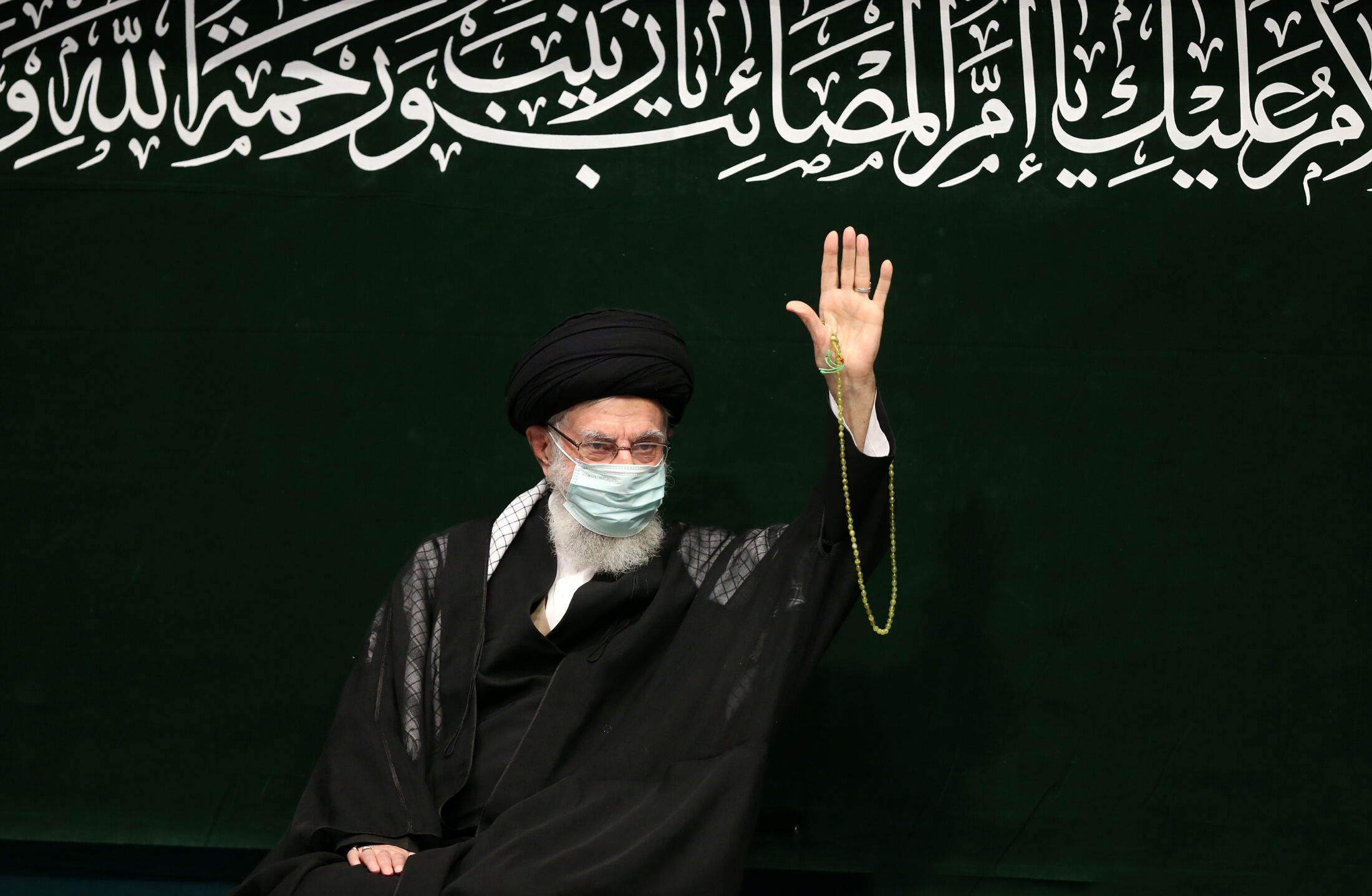
Sep 20, 2022
What If Ayatollah Khamenei Had Not Been Resurrected From His “Death Bed”?
No matter who succeeds the supreme leader, the IRGC will be the most likely kingmaker.
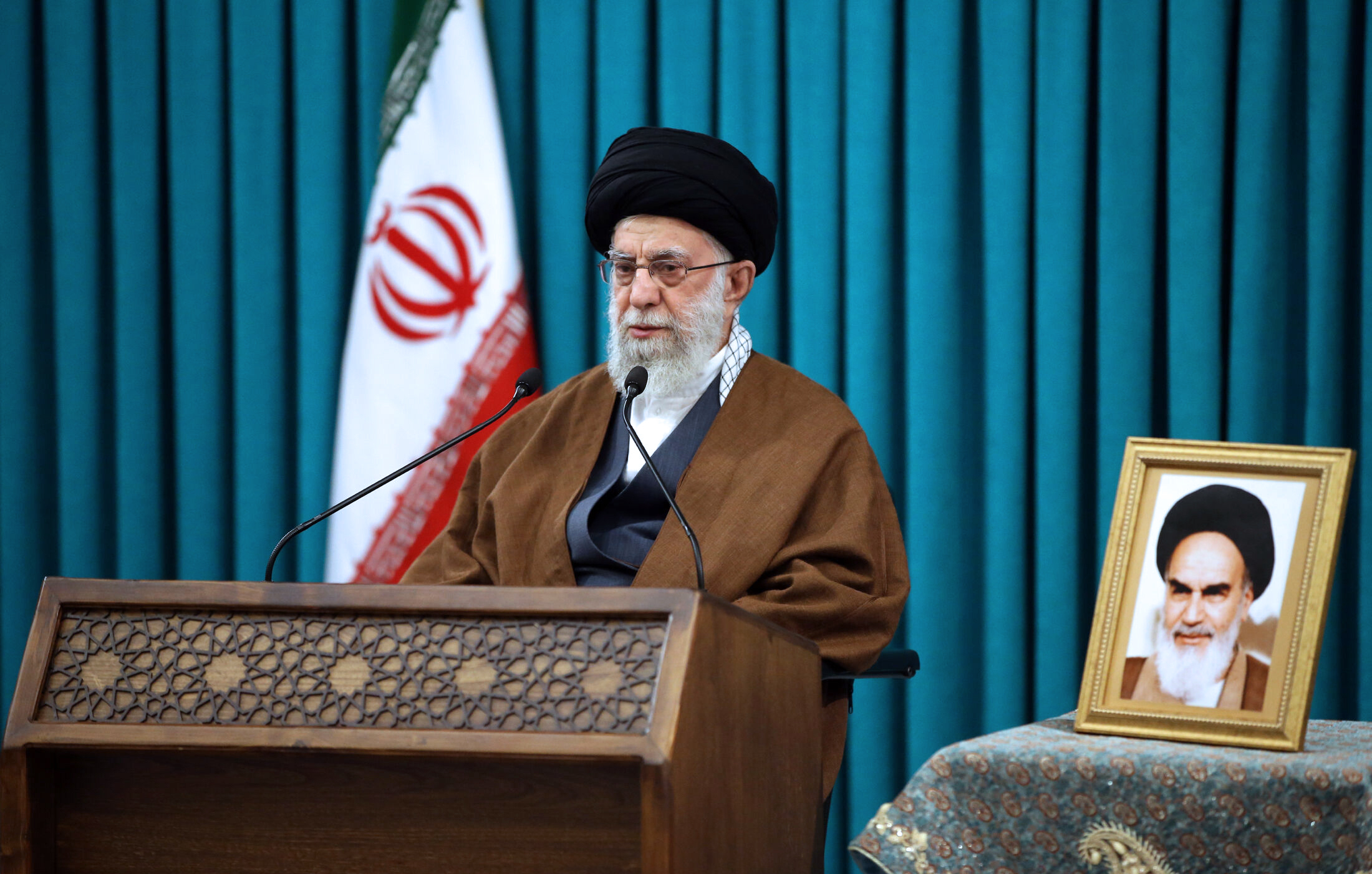
Sep 13, 2022
The Pandemic is Dwindling, but Iran’s Politicization of the Coronavirus Has Taken Its Toll
The Iranian government’s idiosyncratic response to the health emergency and its ideological handling of the immunization plans still resonates with many as the symptom of a broader malaise: the perception that to the government, politics supersede Iranian lives.
